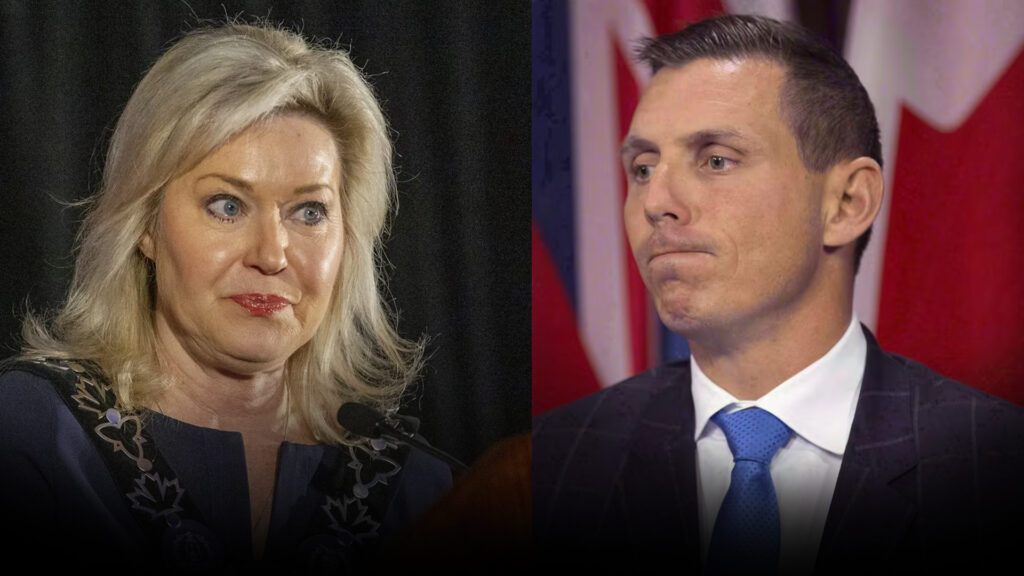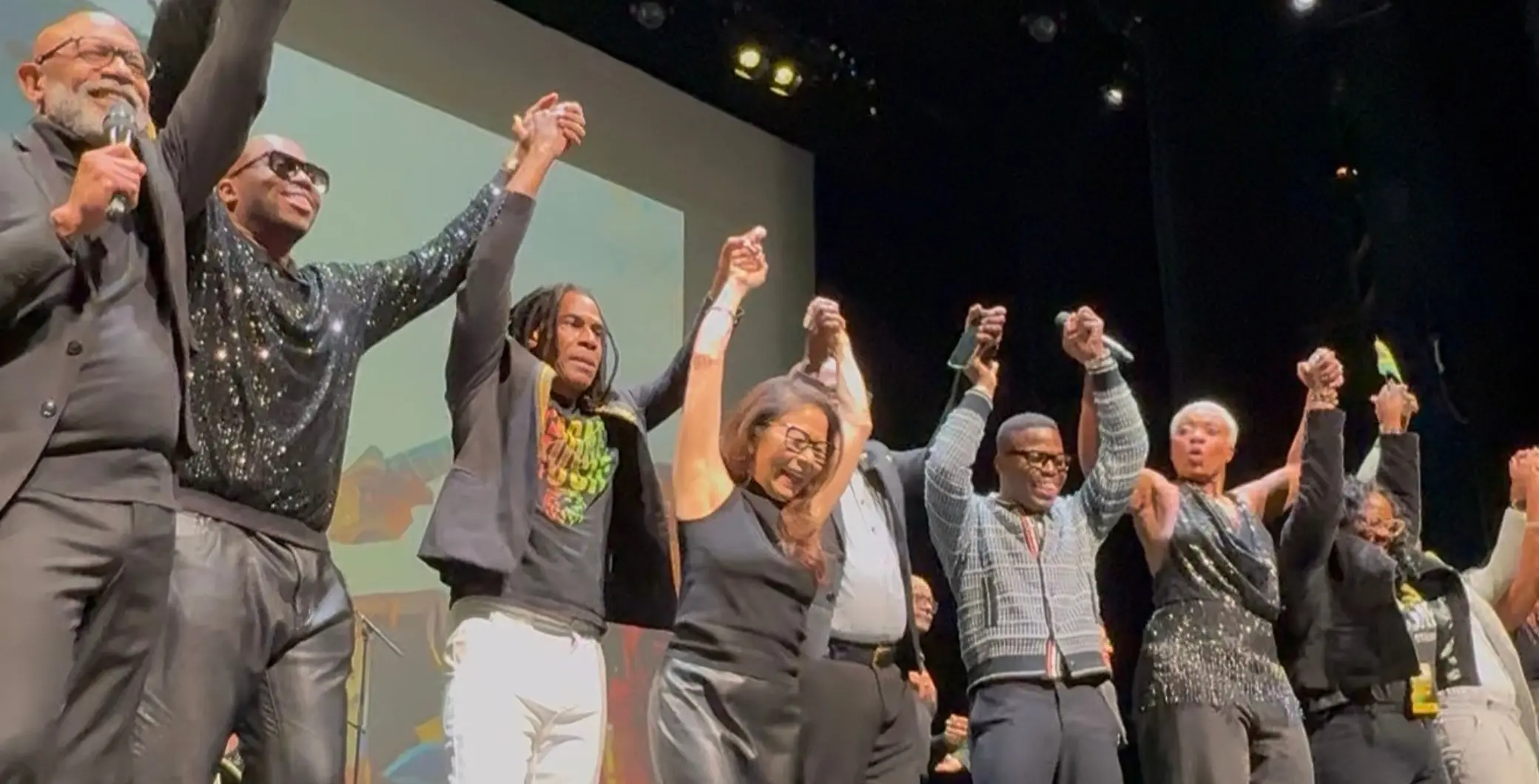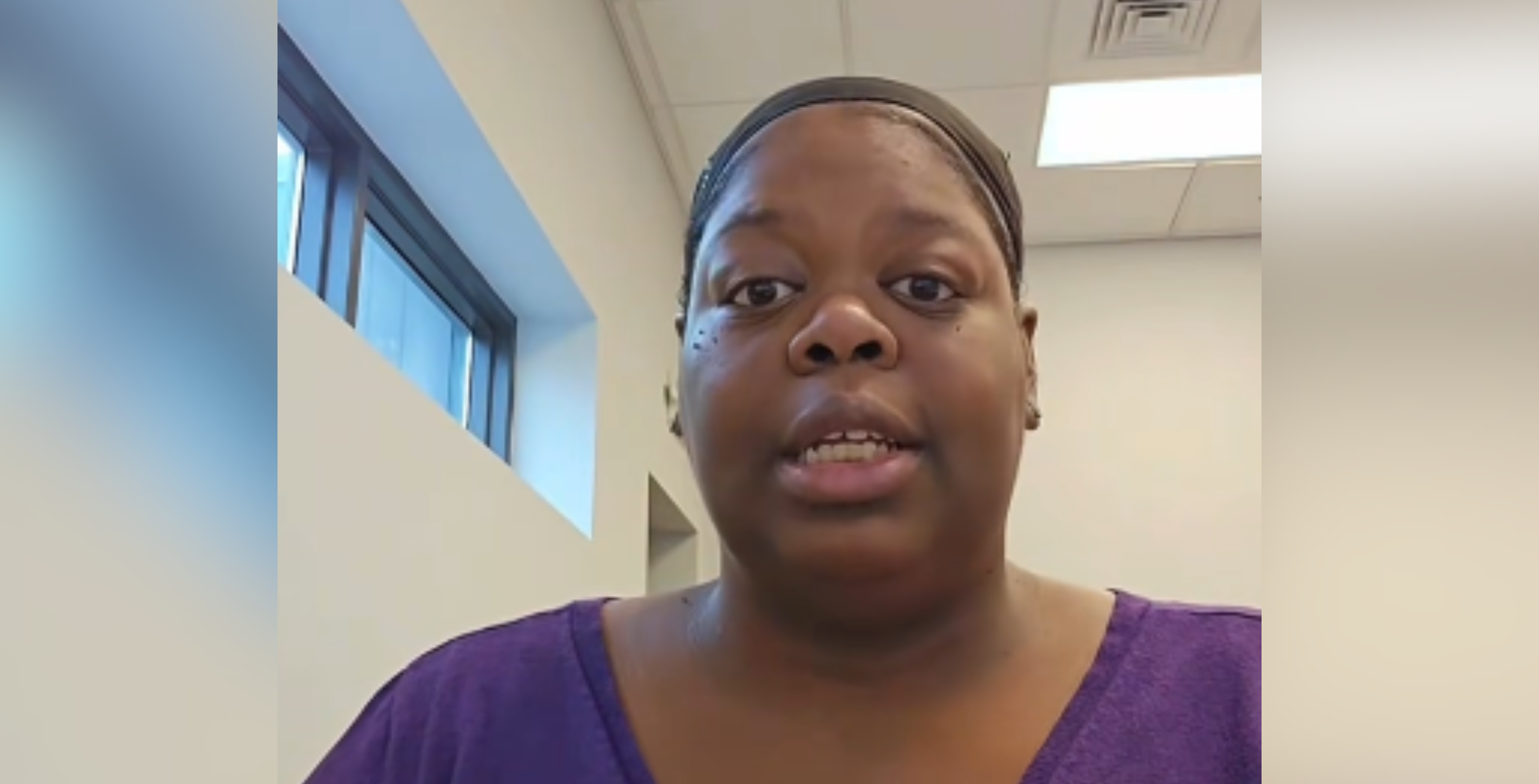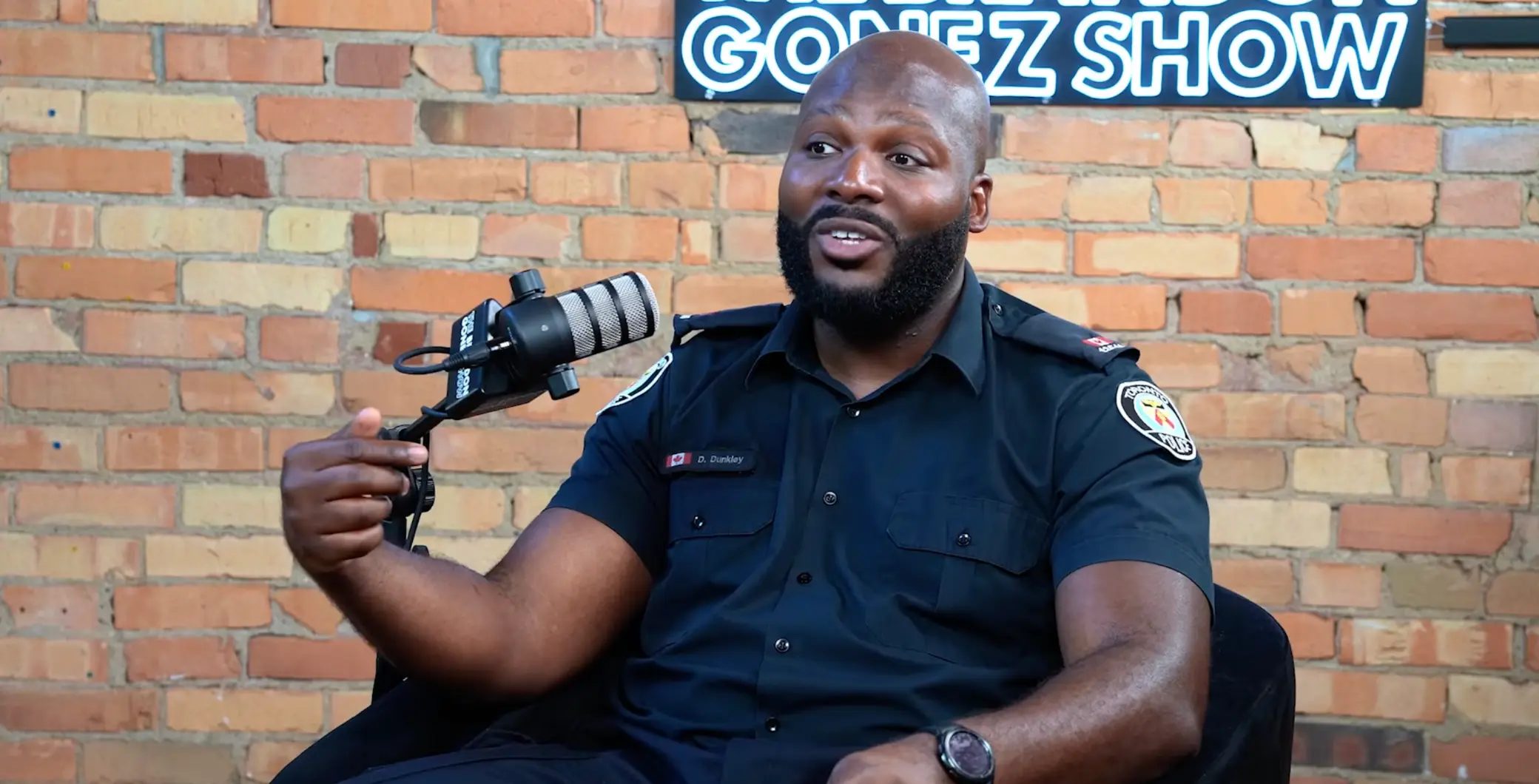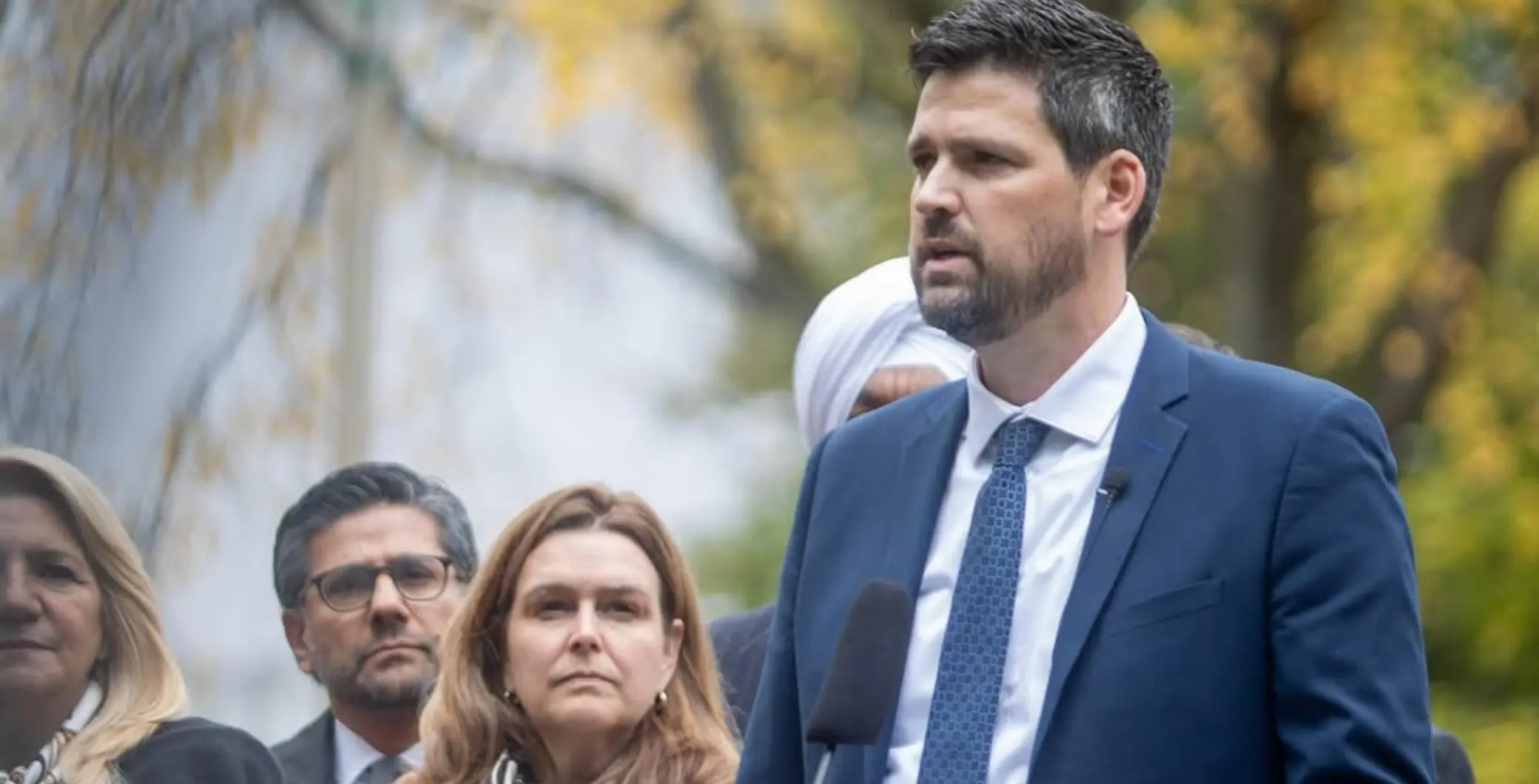Brampton Mayor Patrick Brown isn’t thrilled about the Ontario government’s recently revealed plans to dissolve Peel Region, making Mississauga, Brampton, and Caledon independent municipalities. Brown joined us on The Brandon Gonez Show to share his take on the situation, including how this divorce will get messy if Mississauga does not pay Brampton what Brown says the city is owed.
“The Region of Peel is another layer of government and it’s been controlled for the last 50 years by Mississauga that has the majority of control of the region. So we’ve seen disproportionate investments in Mississauga,” Brown said, also sharing that Brampton is nervous, but there are potential benefits for B Town.
“All the planning, the legal, the finances of the region is all controlled out of the Region of Peel and by removing that layer it may be easier for us to push economic development projects, build housing, so there is potential advantages of not having to go to another layer of government to ask permission for every significant project.”
However, Brown shared that he does have a problem with this plan.
“Since 1974 we have paid into the Region of Peel. We have built the water treatment facility in Mississauga, the wastewater facility in Mississauga. We have jointly built the Region of Peel. Even the Peel police headquarters in Mississauga.”
“When you have a divorce and you have one party saying they don’t have to pay anything, it gets my backup. These are hardworking Brampton taxpayers that have built that infrastructure that just happens to be in Mississauga,” Brown continued.
Brown explained that his team has estimated that the cost to rebuild the water treatment facilities would be $4 billion.
“Previously that would be cost-shared. So I need to see a plan, I need to see a plan from Mississauga of how they’re going to pay for that,” Brown said, adding that while Premier Doug Ford has said that Mississauga won’t be able to “dine and dash”, the Brampton Mayor has yet to see any plans that detail how Brampton will be compensated.
Awkward! Brown says Brampton Never Asked for a Divorce
Breaking up is hard to do, especially when it’s not what you really want! Brown says that his city never asked for this divorce, and says this is on Mississauga Mayor Bonnie Crombie.
“This is something that Bonnie Crombie had pushed. What I would say is that there are potential advantages.”
Brown reiterated that not having to consult the region for permission to take on major projects is one of the potential advantages to the dissolving of Peel.
“The large asterisk on this is the advantages mean nothing if we get abused financially,” Brown continued, adding that he will only look forward to this with optimism if Brampton receives full compensation.
But how will Peel Region’s infrastructure and services be impacted by the separation?
“The Region of Peel does not govern the Peel District School Board, that’s the province,” Brown explained, adding that dissolving the region won’t impact the PDSB.
But Brown says when it comes to things like emergency services, there are many questions still left to be answered.
“My large concern is that since 1974 Mississauga grew first. Brampton is now going to surpass Mississauga but our growth came much later. So all the critical infrastructure in Mississauga is already built, and we paid 40 per cent of it.”
Brown shared that part of the deal was that Mississauga would pay into the creation of Brampton’s infrastructure when it was time to create it. The Brampton Mayor explained that they recently passed a motion to build a new police facility in the west end of Brampton, and a motion to look into new servicing capacity which would cost billions of dollars.
“It’s like you’re going for dinner with somebody and when the bill comes they say ‘Oh I’ve got to go, I forgot my wallet!’ that’s essentially what Mayor Crombie is doing and I just don’t think she should be able to dine and dash on the backs of Brampton residents.”
Brown explained that if Mississauga is not made to hold up its end of the deal, the cost will lie with Brampton taxpayers. He says there would be a catastrophic bill for Brampton to fund these projects by itself.
“Just on the water treatment and wastewater numbers, it would be $6,000 per resident if Mississauga is permitted to dine and dash.”
But Brown has another pressing question.
“How can they pay for it? They don’t have the type of money to pay for it.”
Tension Between the Two Mayors
During a recent press conference, side eyes were exchanged between Brampton Mayor Patrick Brown and Mississauga Mayor Bonnie Crombie. Brown revealed the current state of the mayors’ working relationship.
“How would you feel if someone was trying to steal from your city? I’m looking at the numbers and we’re talking about billions of dollars that she’s saying she doesn’t need to pay.”
“I understand that there is going to be political rhetoric but I want it to be based on facts. One of the things she was out saying this week that I find infuriating, was she said that Mississauga subsidizes Brampton’s policing costs.”
Brown shared that he has asked the Chief of Police to release the call volumes, as he is tired of Brampton being bashed. The Brampton mayor says that Mississauga has had more calls over the past two years than Brampton.
A Messy Divorce in the Works?
So will this divorce be full of drama? Brown says it does not have to be, but it could end up that way.
“It will not be messy if Mississauga pays us back for what we’ve invested into their infrastructure. It will be messy if anyone tries to take advantage of the residents of Brampton.”
“I will be more than aggressive and we will not take this quietly if anyone tries to take a free ride on the backs of Brampton residents. This is not Canada’s Wonderland and I expect the province to make sure Mississauga pays their fair share,” Brown explained, adding that if the province does not ensure Mississauga pays up he will be considering every legal avenue possible.
Minister of Municipal Affairs and Housing Steve Clark introduced the Hazel McCallion Act in the legislature on Thursday. The act begins the process of breaking up Peel Region, which is set to be completed in 2025.

